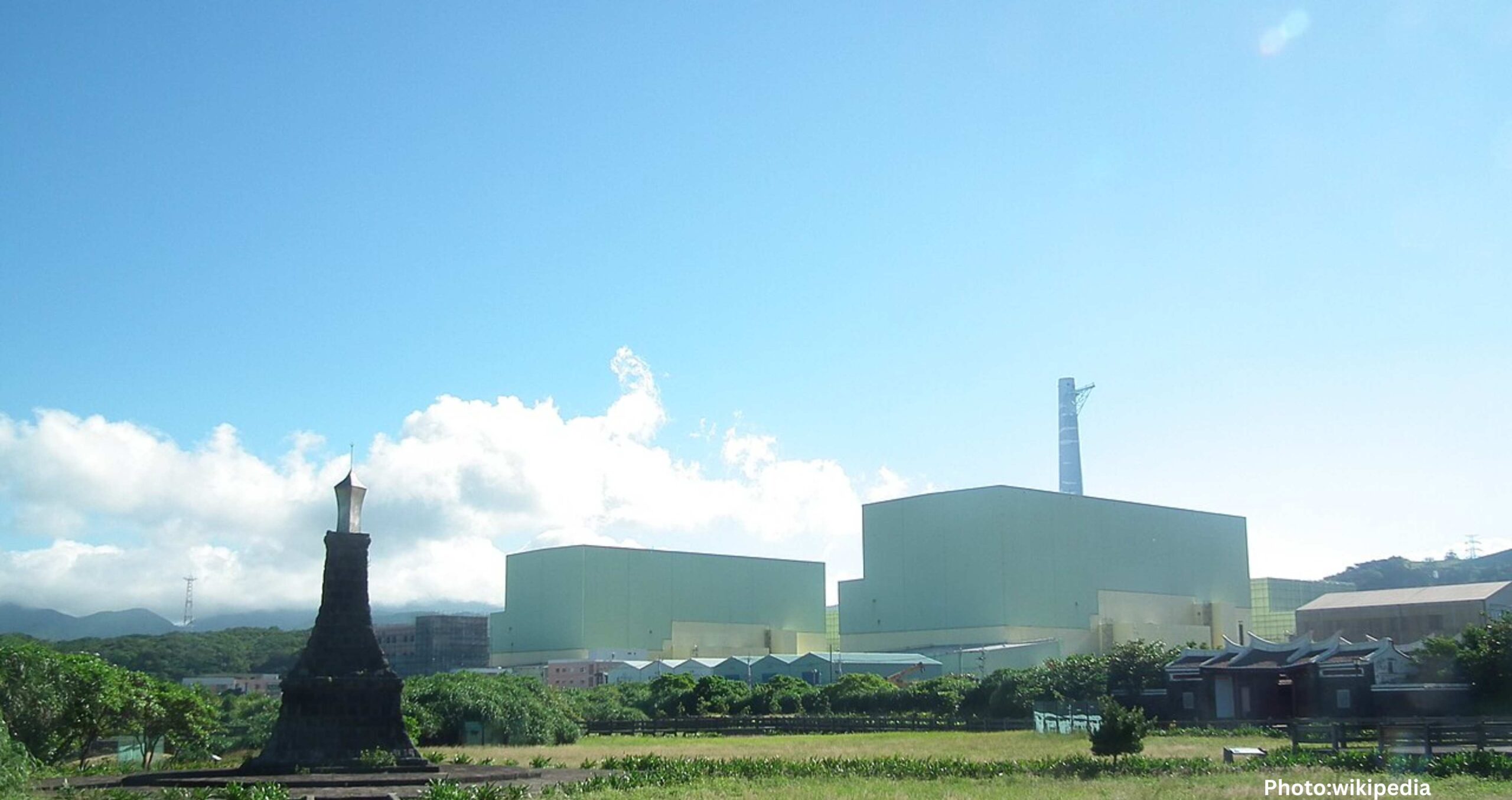Voters in Taiwan are set to decide on the future of nuclear power as the island grapples with energy vulnerabilities amid increasing threats from China.
On Saturday, voters in Taiwan will head to the polls to determine whether the island should restart its nuclear power capabilities. This decision comes in the wake of Taiwan’s significant energy vulnerabilities, particularly as concerns grow over potential threats from China.
In May, Taiwan shut down the Maanshan Nuclear Power Plant, its last operational nuclear facility. This closure followed a pledge by the ruling Democratic Progressive Party (DPP) in 2016 to phase out nuclear power by 2025. The decision was largely influenced by fears of nuclear fallout, particularly in light of the 2011 Fukushima disaster in Japan.
Security experts have raised alarms about the implications of this move, suggesting that it further exposes Taiwan to vulnerabilities in the face of Chinese aggression. The island is heavily reliant on energy imports, sourcing a significant portion from the United States, Australia, Saudi Arabia, and Qatar for both liquefied natural gas (LNG) and crude oil.
“Taiwan’s energy dependence is an Achilles heel,” stated Craig Singleton, senior director of the China Program and a senior fellow at the Foundation for Defense of Democracies (FDD), during a media call following a recent delegation visit to Taiwan. Singleton emphasized that Beijing could exploit Taiwan’s energy vulnerabilities without resorting to military action.
“China can leverage its maritime dominance, its legal warfare, and cyber tools to choke supply and test Taiwan’s political resilience,” he added, highlighting the ease with which China could disrupt trade to the island.
Over the past decade, Taiwan has imported up to 97% of its energy needs, primarily relying on fossil fuels, which account for over 90% of its energy consumption. Renewable sources contribute approximately 7%, according to FDD experts. Before the decision to phase out nuclear energy, it had been a significant source of power, providing nearly 12% of Taiwan’s energy needs in 2011. However, by 2021, this figure had decreased to roughly 9.5%, and by the following year, it had fallen to just over 4% before being completely eliminated this year.
While some countries, particularly in Europe, are turning to nuclear power as a solution to reduce reliance on carbon-emitting fuels amid climate change concerns, others, like Germany, have adopted a strong anti-nuclear stance. This shift was influenced by the catastrophic consequences of the 1986 Chernobyl disaster, which had far-reaching effects across Europe. In 2023, Germany also phased out nuclear power entirely, but Taiwan faces unique security challenges that Germany does not.
Opponents of nuclear energy have pointed to recent wartime scenarios that highlight the risks associated with active nuclear plants, such as during Russia’s invasion of Ukraine and the conflict over the Zaporizhzhia nuclear power plant. However, experts argue that Taiwan could deplete its oil reserves within weeks or even days if China were to implement a blockade, as reported by DW. Thus, nuclear power could provide Taiwan with a crucial energy storage solution.
“Nuclear power does, in my view, change that calculus, providing a lot of continuity under coercion, and I think it really complicates Beijing’s playbook,” Singleton asserted. He stressed the need for Taiwan to diversify its energy sources to better protect itself against a potential Chinese blockade.
“The U.S. needs to help Taiwan diversify quickly, reduce its reliance on vulnerable suppliers like Qatar, and prepare for a contest of endurance, as I believe that’s how China is approaching this issue,” Singleton noted, referencing Qatar’s relationship with China and its substantial LNG exports to Beijing.
Singleton also pointed to Ukraine as a relevant case study, illustrating how an invading nation can exploit vulnerabilities in a country’s energy sector. “Ukraine shows that energy is one of the fastest ways to undermine a country’s will. Russia targeted power to free cities to fracture cohesion and force concessions,” he explained. “I think Beijing is absolutely studying that playbook.”
As Taiwan prepares for this pivotal referendum, the outcome could have significant implications for its energy strategy and security posture in the face of an increasingly assertive China.
Source: Original article

